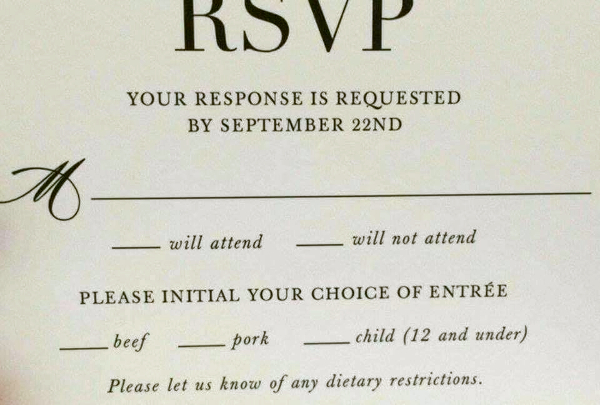There was good news this week for Bristol businesses with a yearning for high speed internet connectivity.
The Bristol Post reported on the deployment of ultra-fast 1 Gbps internet in the city.
While journalists at the Temple Way Ministry of Truth are quite competent at their main task of churnalism, such as copying and pasting the words of wisdom given in press releases by men in suits – as in the article in question – standards slip dramatically and the absence of sub-editors and the associated lack of quality control are patently obvious when Post staff try simplifying complicated technical concepts, as shown by the following sentence.

Shall we just examine the above sentence in detail? There’s plenty wrong with it both technically and grammatically, which schoolchildren sitting their SATs examinations at ages 10 or 11 years would be embarrassed to get wrong.
Firstly, those glass cables. The proper designation is “optical fibre cable“; and as is well known the correct use of terminology is important. An optical fibre cable is a cable containing one or more optical fibres that are used to carry light, whilst an optical fibre itself is a flexible, transparent fibre made by drawing glass (silica) or plastic to a diameter slightly thicker than that of a human hair. So an optical fibre cable can be made of either glass or plastic, i.e. not solely glass.
Data from an internet connection is transmitted as light down an optical fibre cable. Light travels at the speed of light. However, it is the method for providing the internet connection which is “highly reliable and efficient, not the speed of light. The subordinate clause, i.e. “which is highly reliable and efficient is misplaced and should at any rate have been preceded by a comma.
Finally, there’s that speed of light; it’s so reliable and efficient that its precise value is 299,792,458 metres per second (approximately 3.00×108 m/s). It is commonly denoted as c, as in Einstein’s famous mass–energy equivalence formula. Furthermore, c is the maximum speed at which all matter – and hence information – in the universe can travel.
In the slightly better old days when the Post still employed proper sub-editors, any decent holder of that position would have taken that sentence to bits and re-written it roughly as follows:-
“These fibre optic cables deliver an internet connection reliably and efficiently at the speed of light.”
Or alternatively:
“These fibre optic cables deliver a reliable, efficient internet connection at the speed of light.”
Unfortunately, local newspapers and their online analogues nowadays seem to have forgotten that quality matters and with quality comes a reputation and with the latter, authority.







